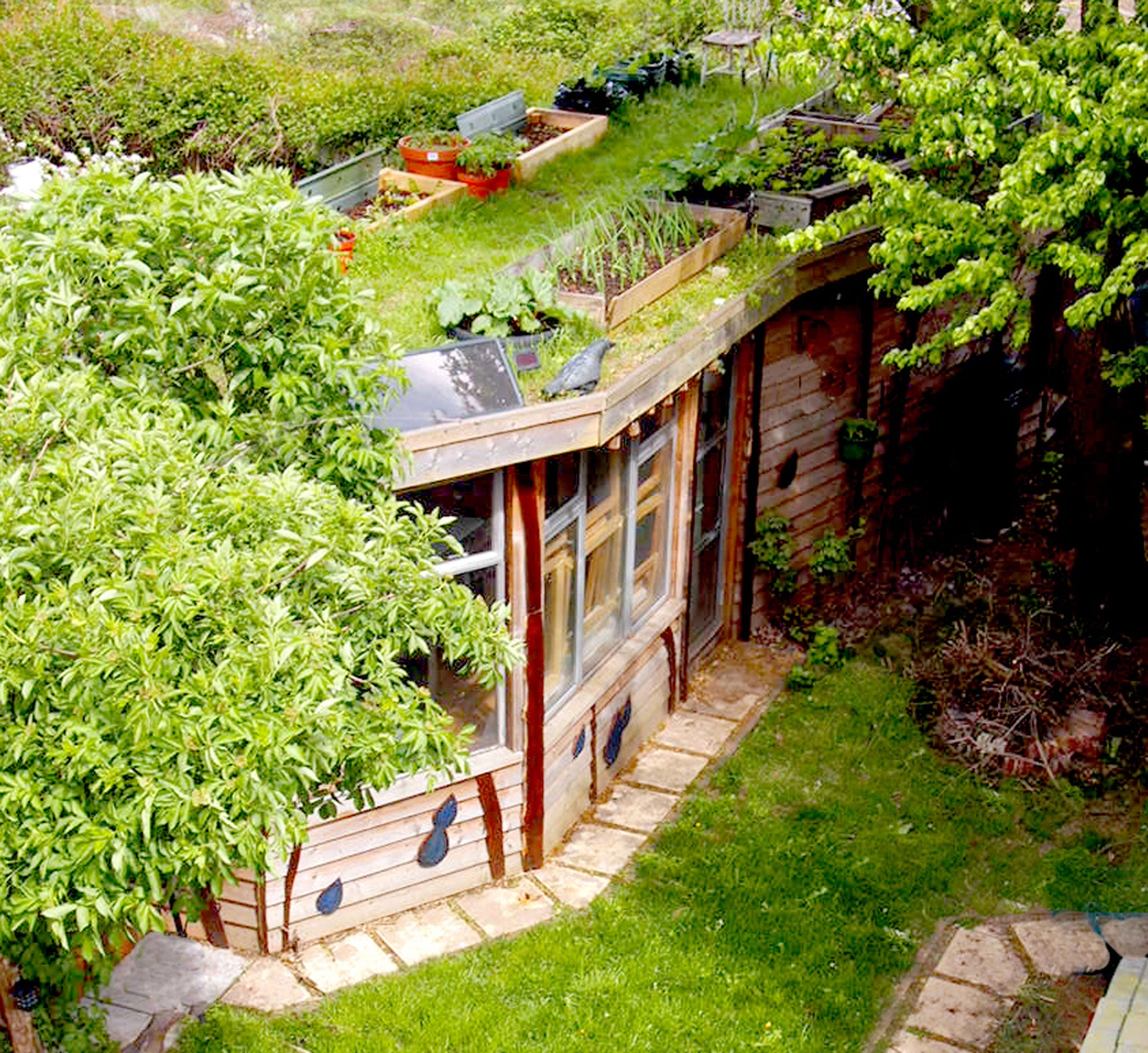Which rooms have disappeared from our homes?
The living room is now the most valuable room in the home

Your support helps us to tell the story
From reproductive rights to climate change to Big Tech, The Independent is on the ground when the story is developing. Whether it's investigating the financials of Elon Musk's pro-Trump PAC or producing our latest documentary, 'The A Word', which shines a light on the American women fighting for reproductive rights, we know how important it is to parse out the facts from the messaging.
At such a critical moment in US history, we need reporters on the ground. Your donation allows us to keep sending journalists to speak to both sides of the story.
The Independent is trusted by Americans across the entire political spectrum. And unlike many other quality news outlets, we choose not to lock Americans out of our reporting and analysis with paywalls. We believe quality journalism should be available to everyone, paid for by those who can afford it.
Your support makes all the difference.More than a quarter of UK homeowners still describe the property they grew up in as ‘home,’ according to the latest Britain at Home report from Lloyds Bank Insurance.
The research into how the childhood homes of 2,000 adults have changed compared to their present property shows that 28 per cent now have a home office but did not in the home in which they grew up. Nearly half had a pantry in their childhood home, but not in their current one, while 20 per cent no longer have a shed or greenhouse.
Laura Lurcock, 29, lives in Brighton with her husband Gary and 15-month-old son Joshua and works in the youth service for the local council. Although Laura and Gary bought their three-bedroom semi-detached house three years ago, she admits that she still feels attached to her parents’ home nearby.
"I love my house, and it’s definitely become more of a family home since Josh was born, but ultimately I still think of my parents’ house as ‘home’. It’s where I grew up and where all of my memories – and my dog – still live.
"It’s much bigger than our house and has a big garden for Josh to play in which is nice. I’d love to eventually have a home like the one I grew up in."
Professor Barrie Gunter, author of Psychology of the Home said that our first or main childhood home plays a key role in the development of our personal identities.
"These initial childhood experiences can become deeply imprinted into our psyche, and if they were happy ones, we often seek to recreate them as adults when we move into our own property," he said.

The report shows that a fifth of homeowners say that their family spends less time together at home now than when they were growing up and nearly a third that their present home is used more for entertaining people then their old one.
It also suggests that the living room is now the most valuable room in the home with contents worth a total of £5,000 on average. The most popular household items are flat screen televisions, owned by 86 per cent of homeowners, followed by kitchen appliances including coffee machines (42 per cent) and bread makers (30 per cent).
Around 60 per cent of the adults polled also added that they have more contents now compared to their childhood home.
Join our commenting forum
Join thought-provoking conversations, follow other Independent readers and see their replies
Comments